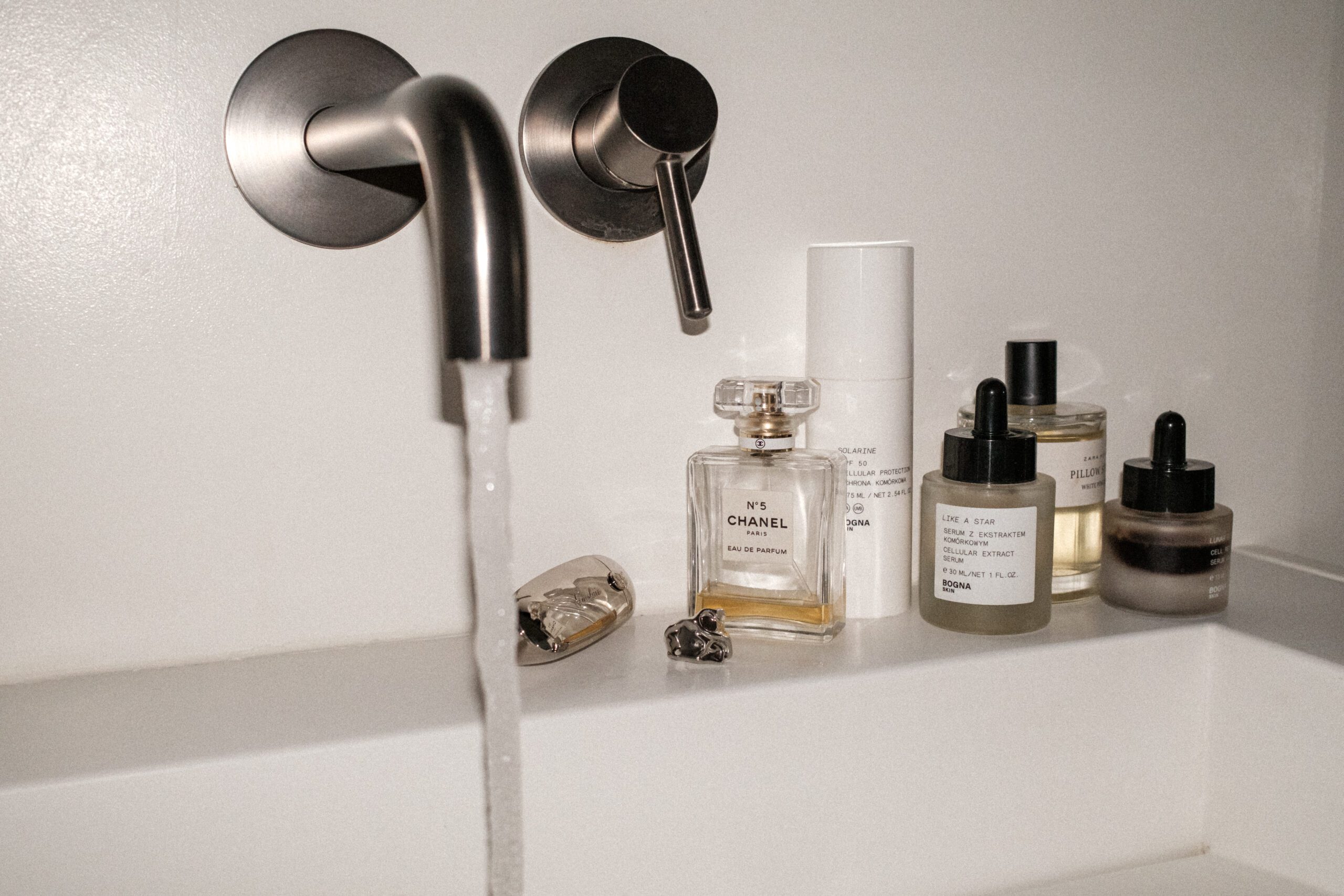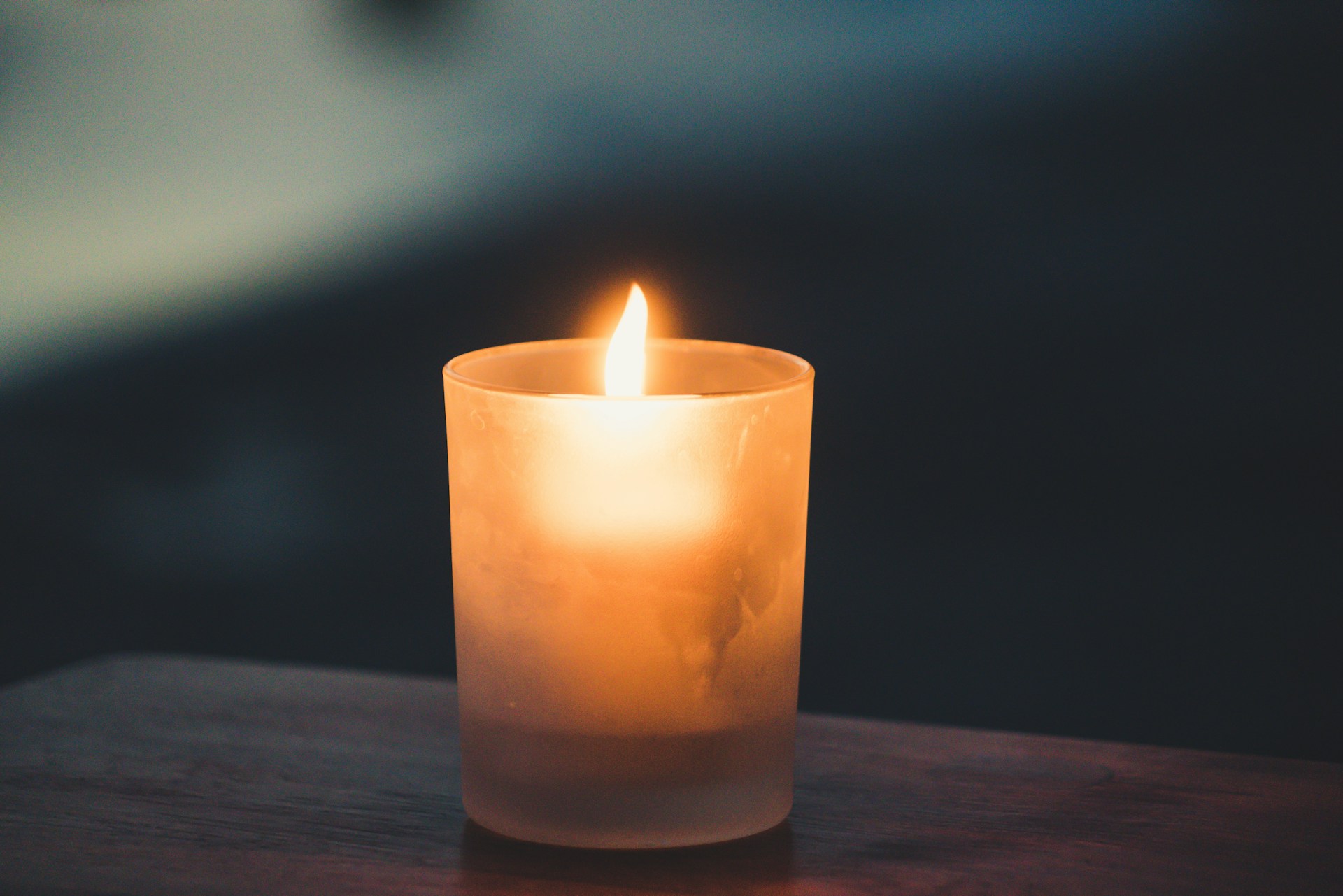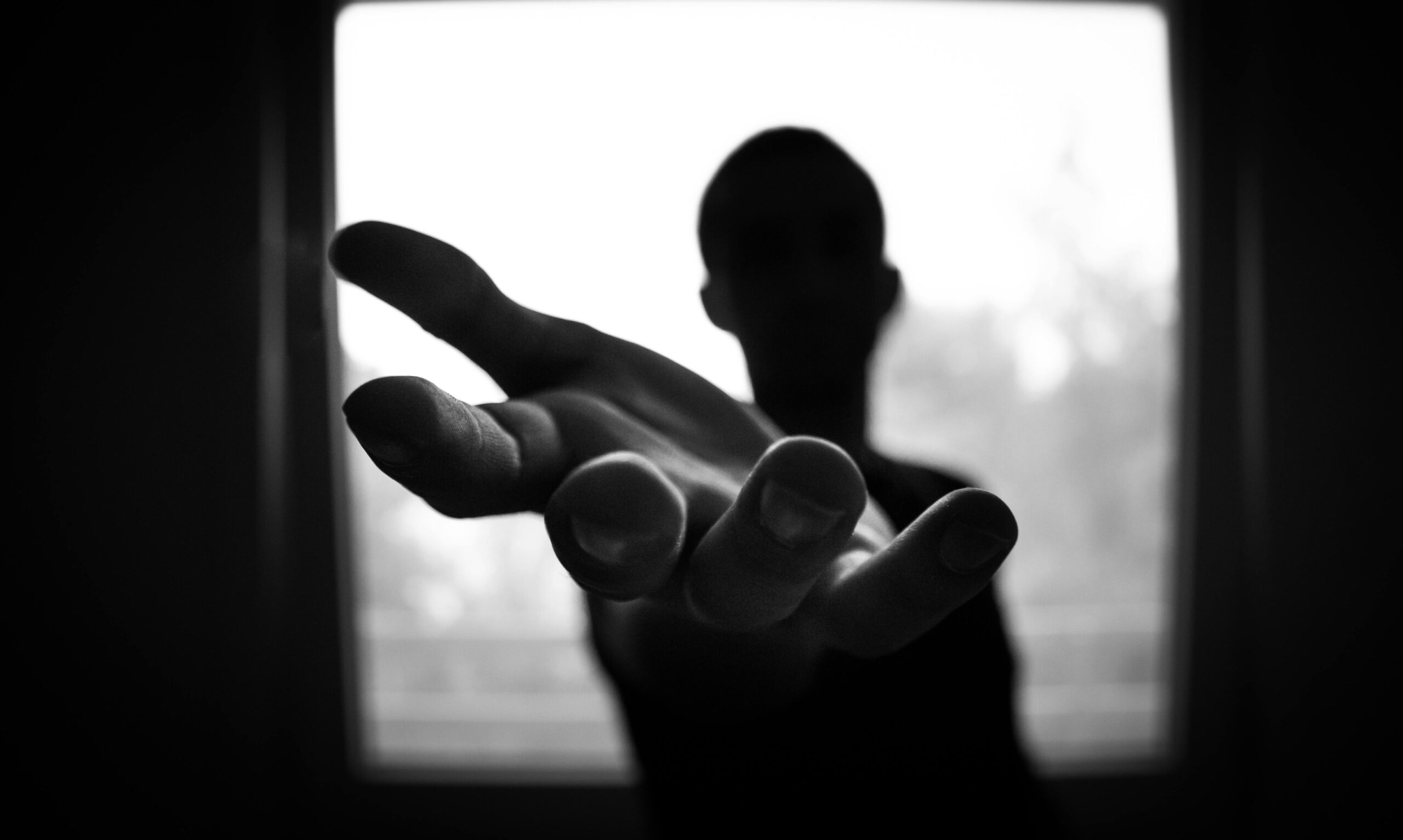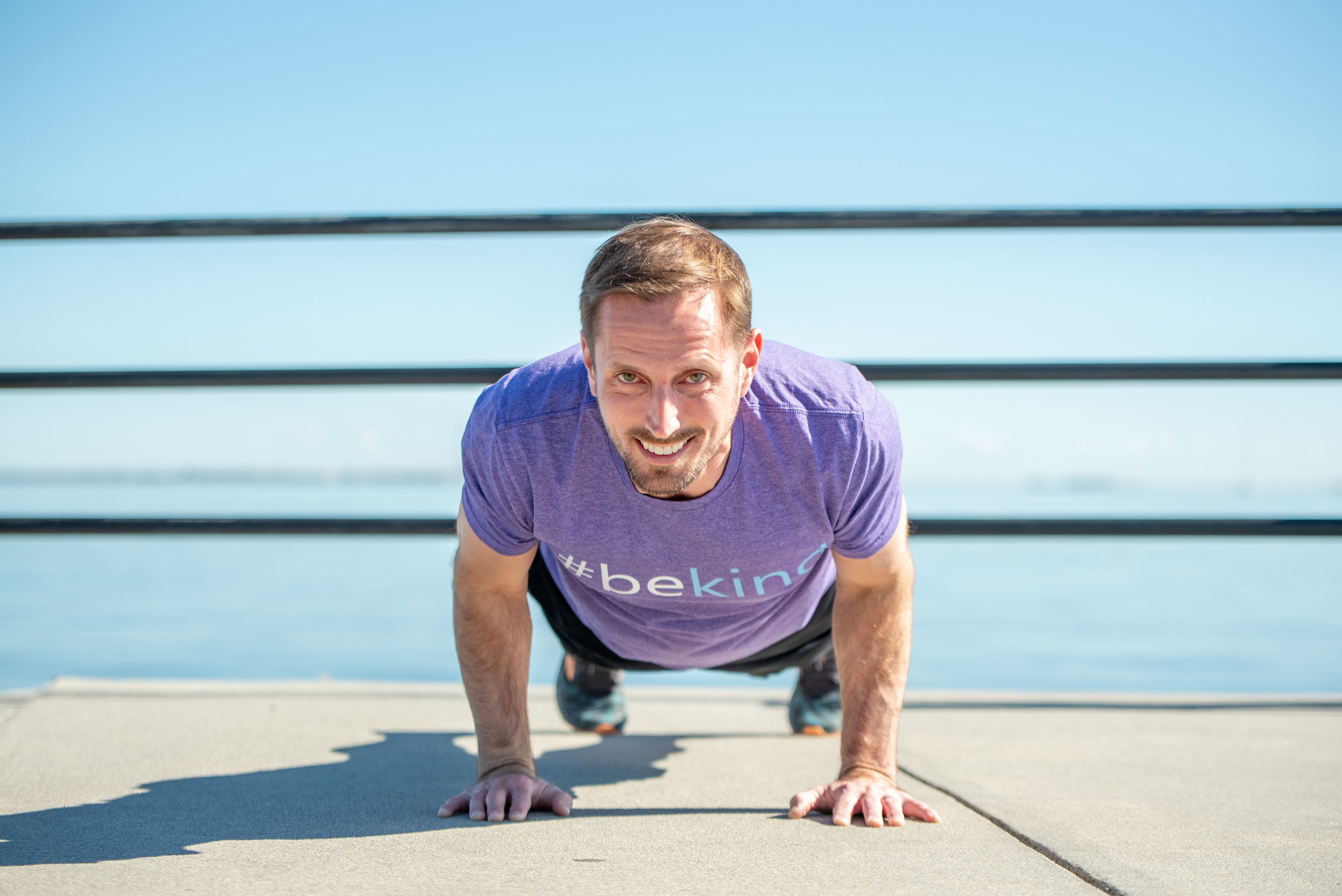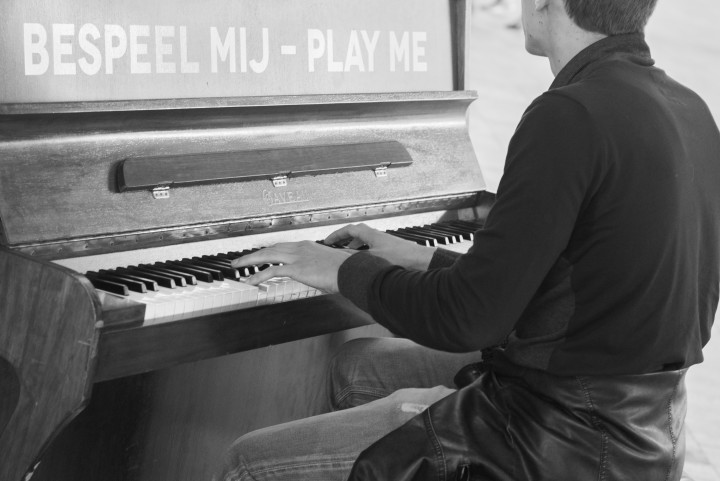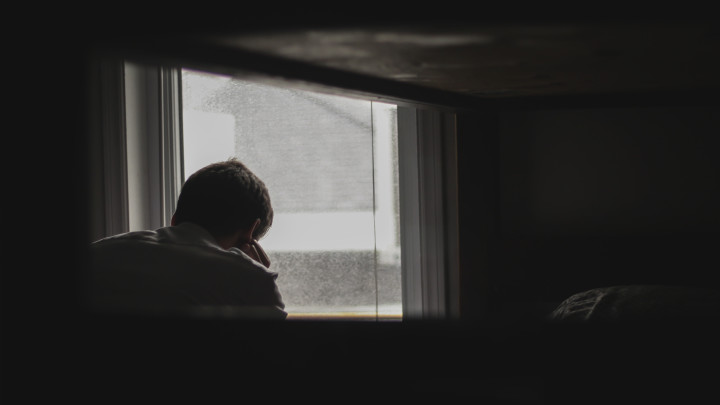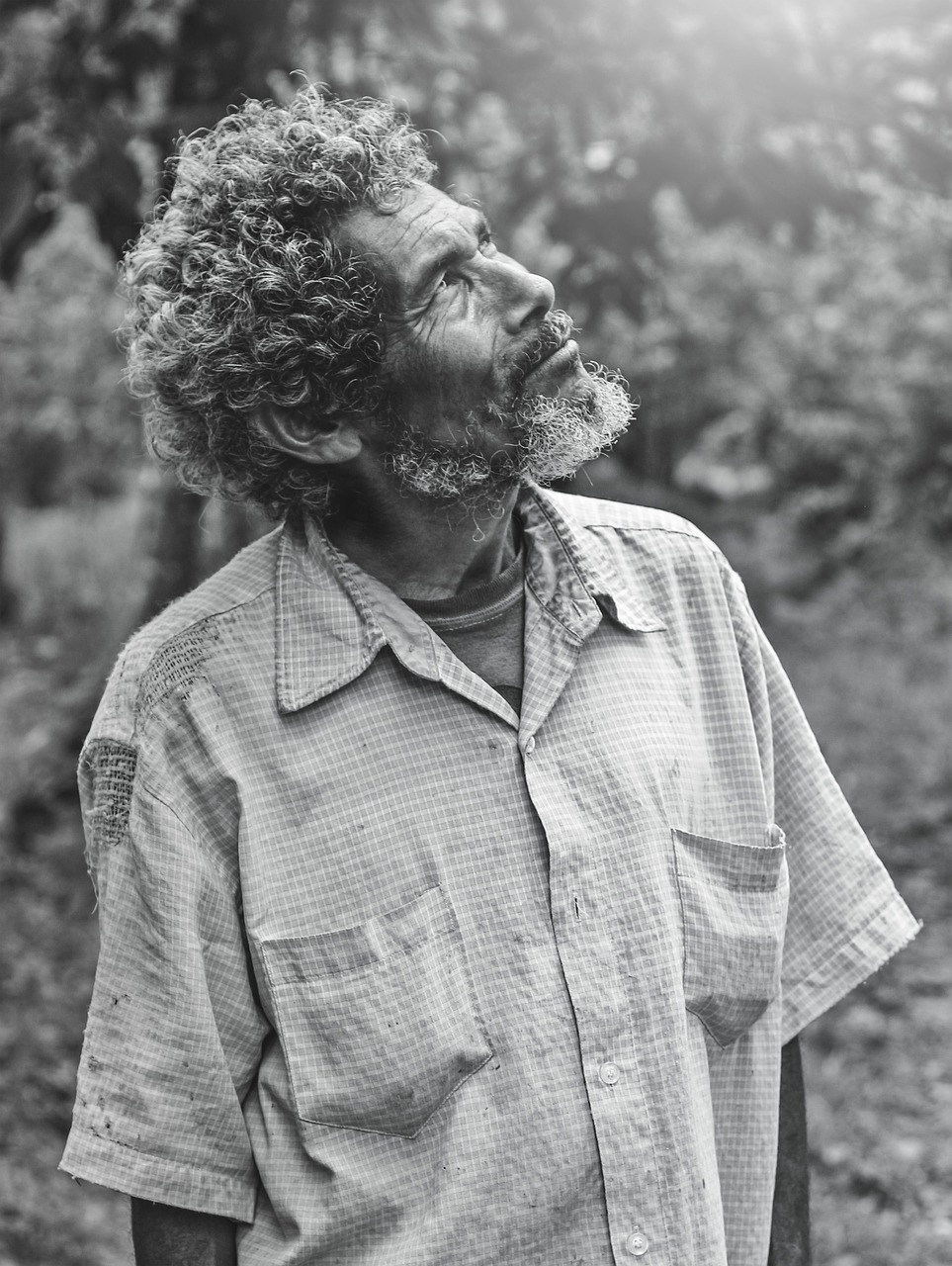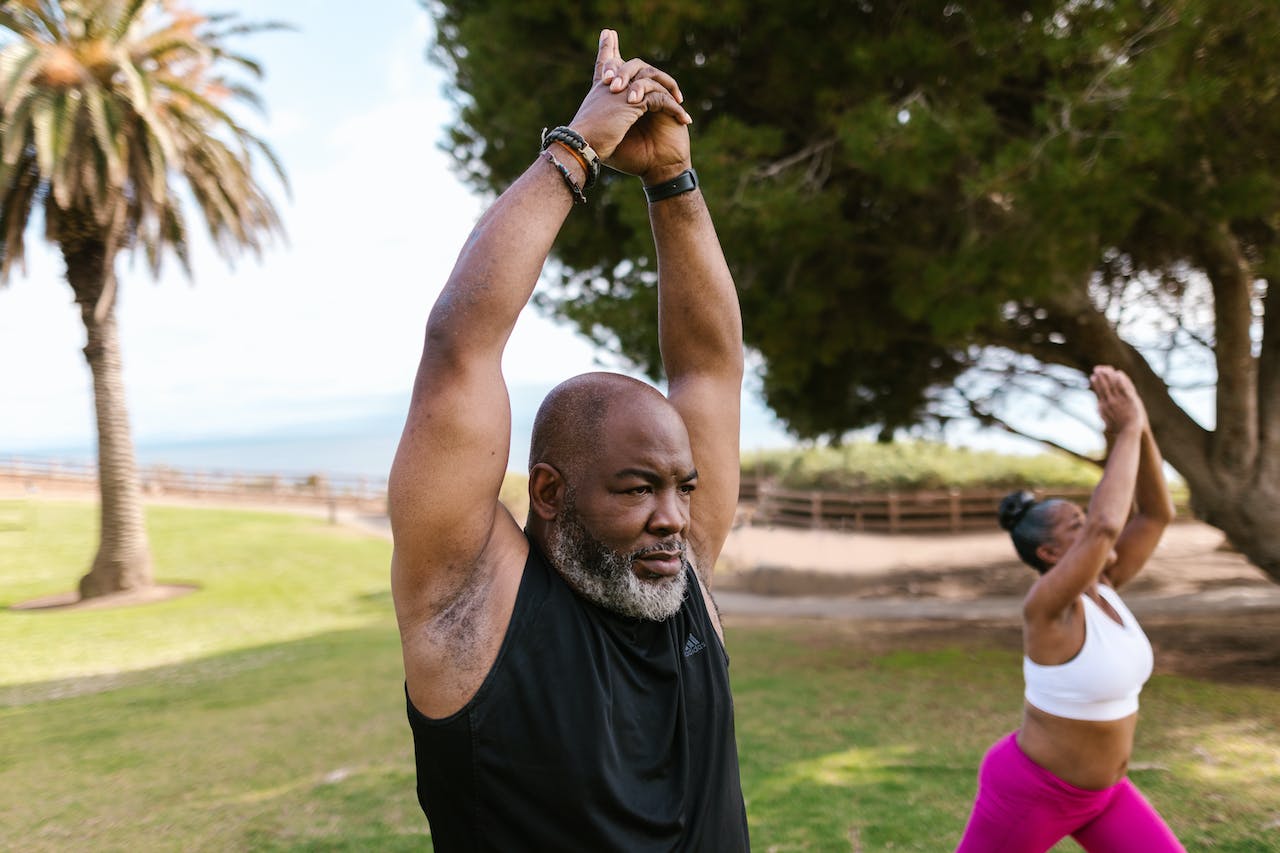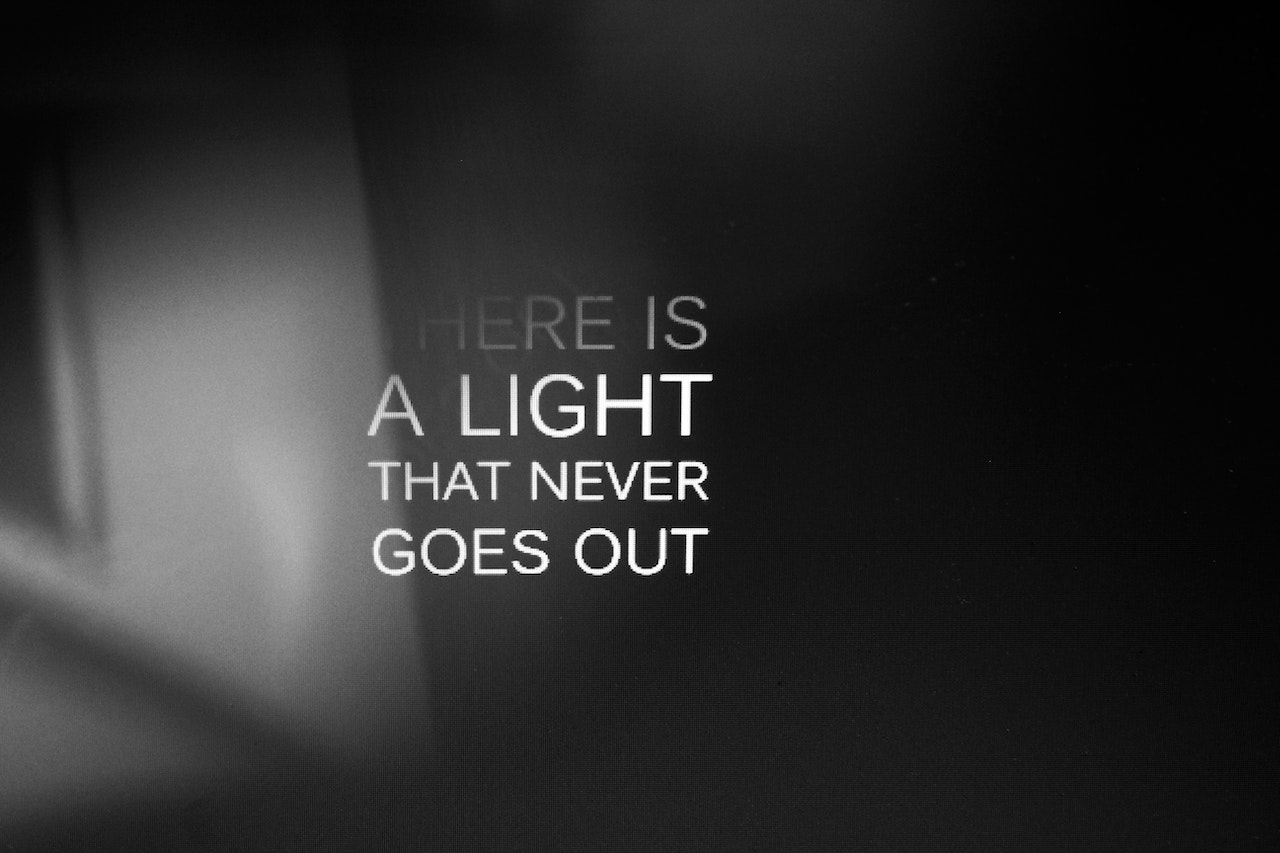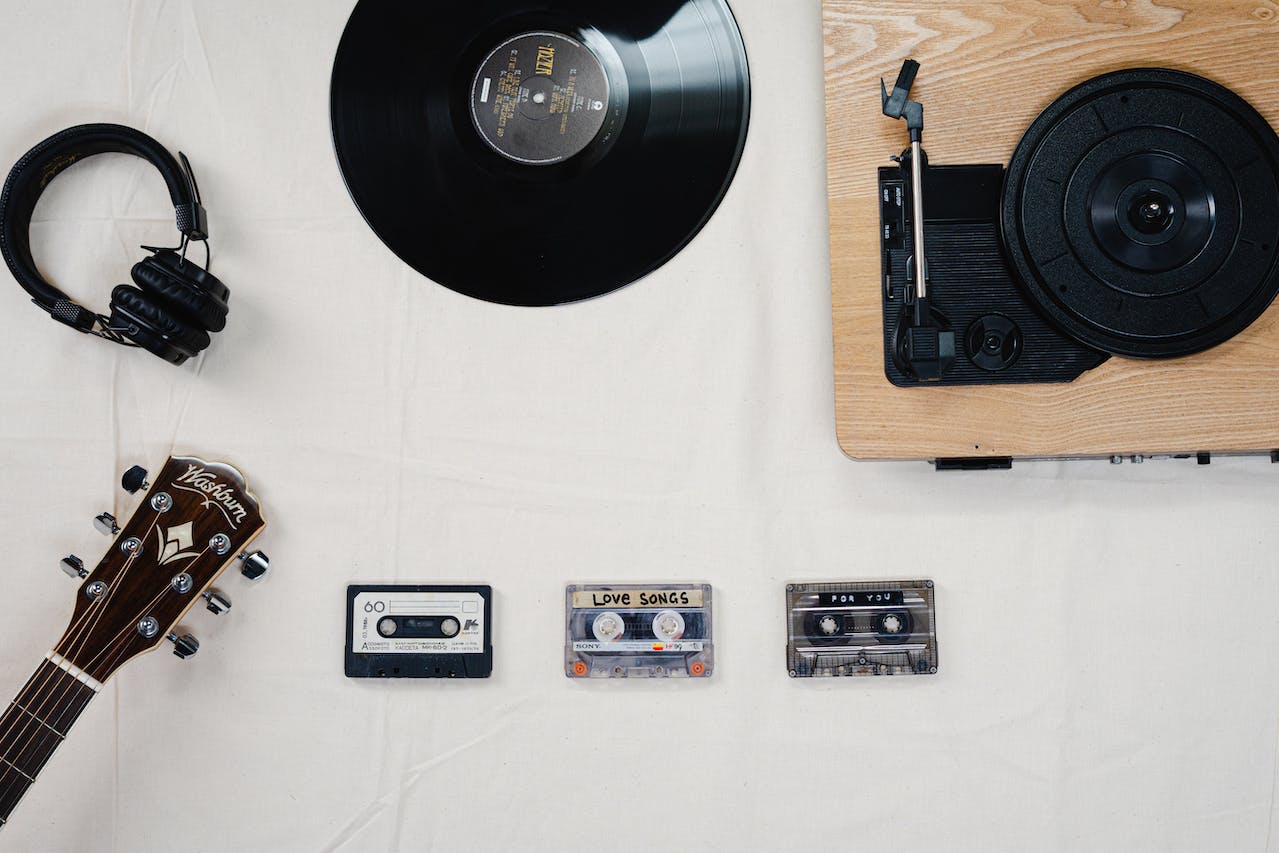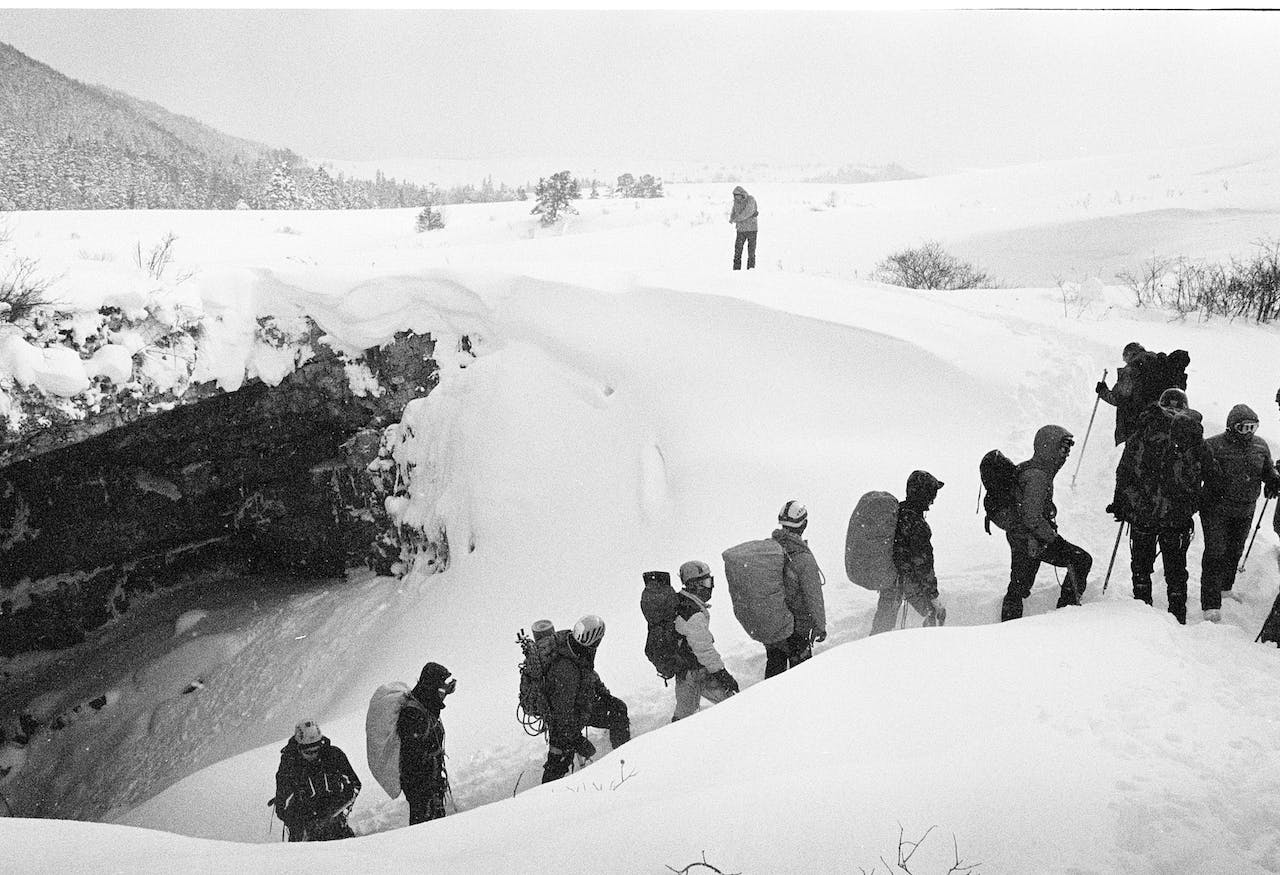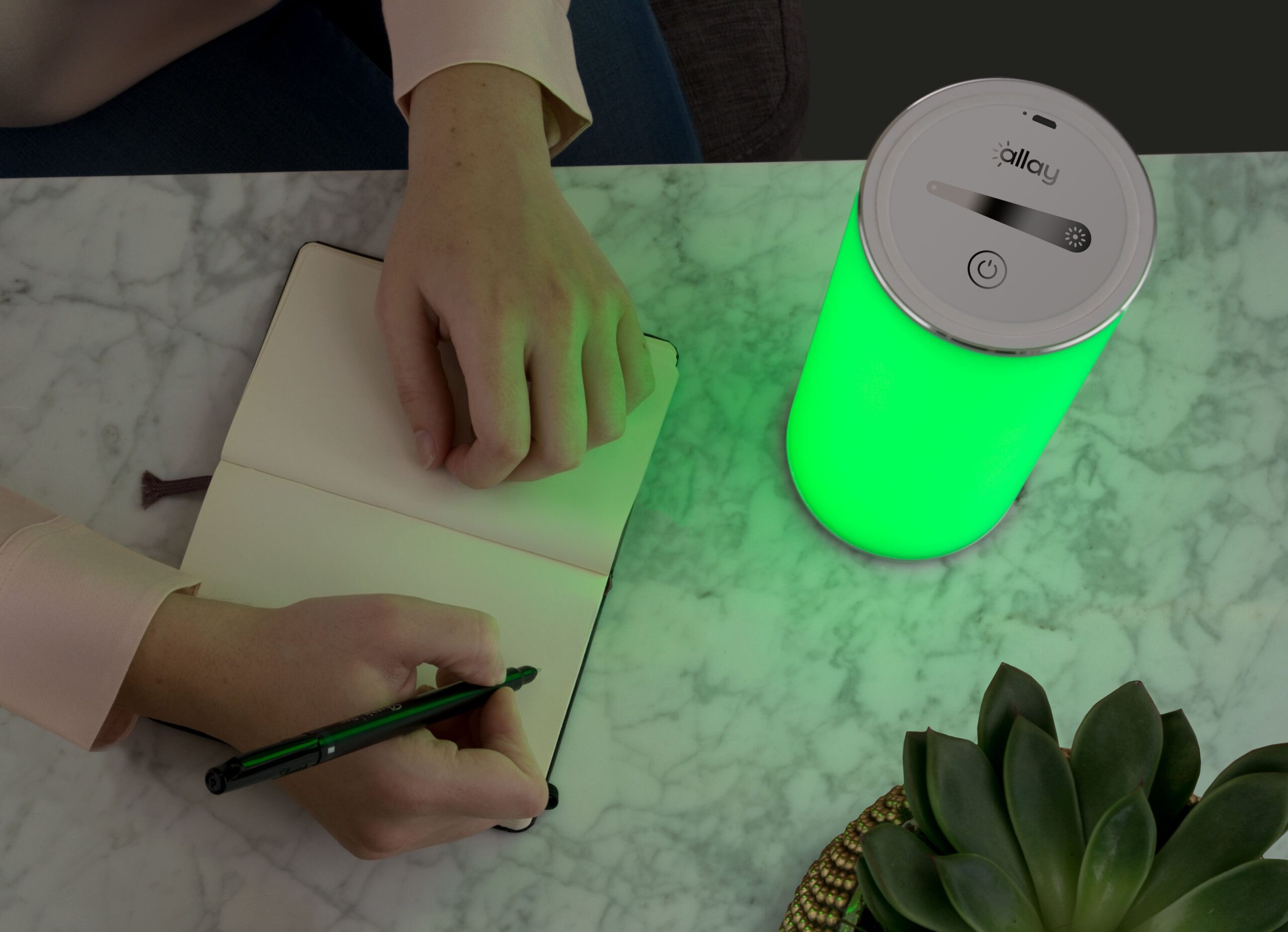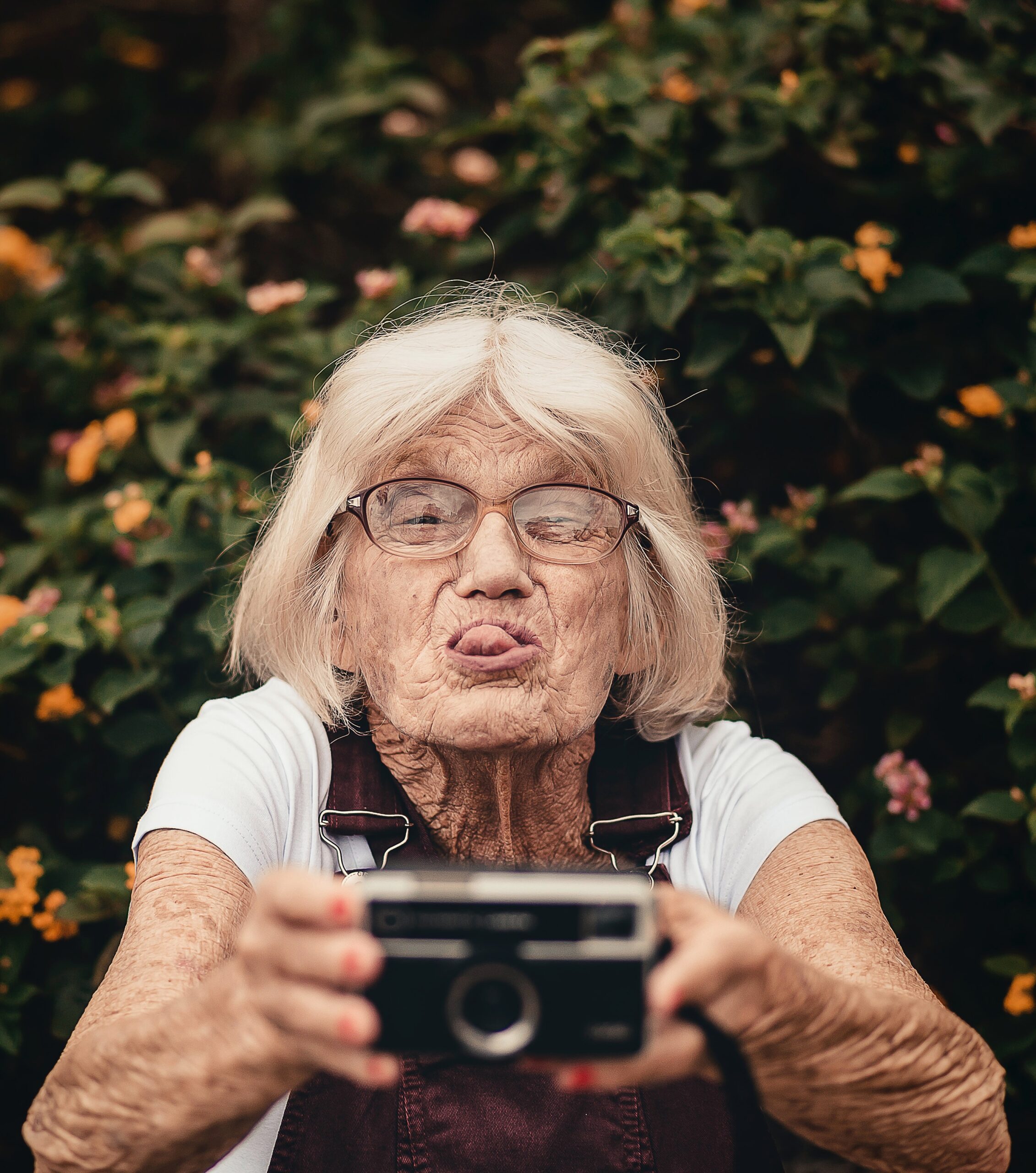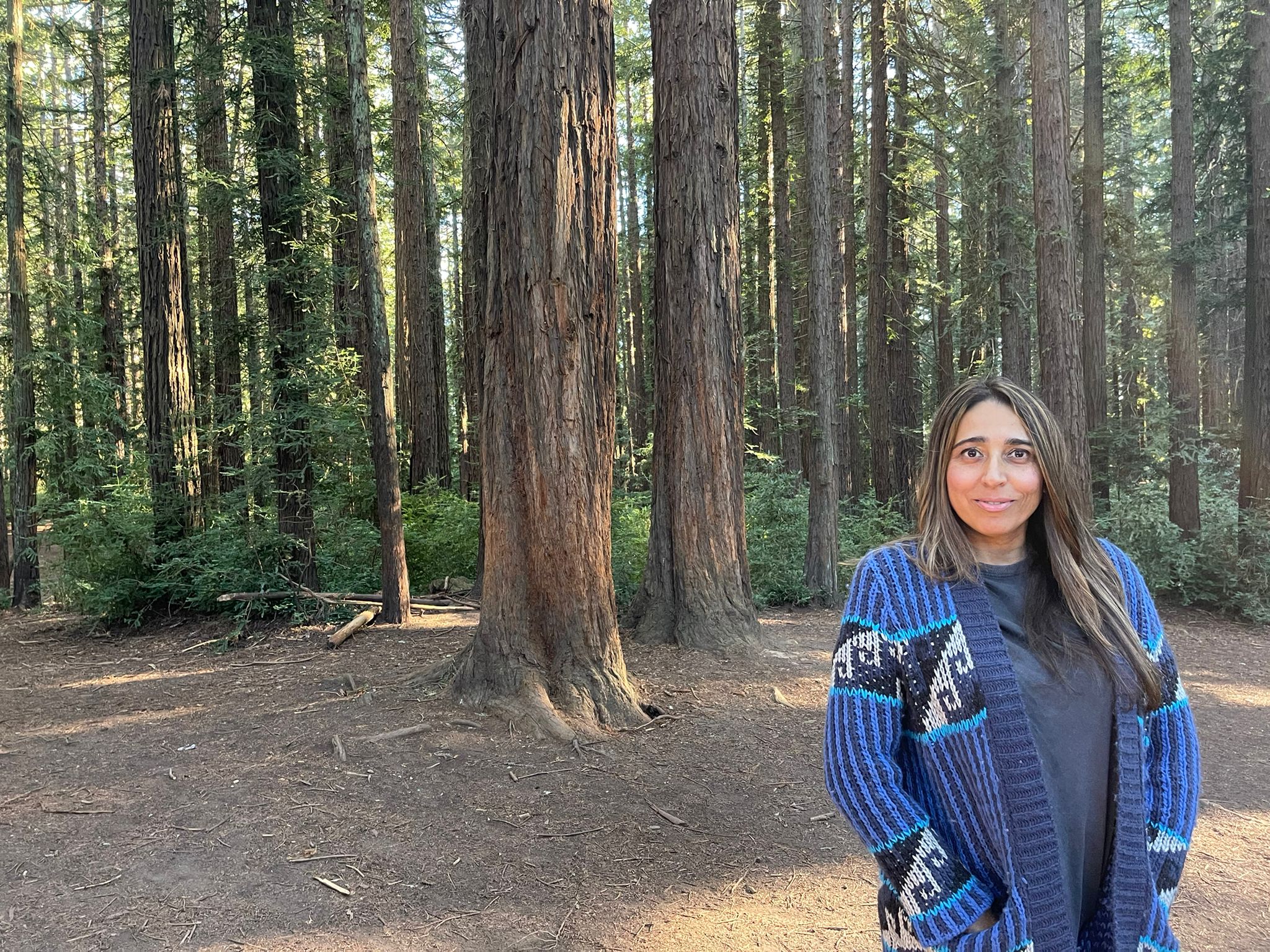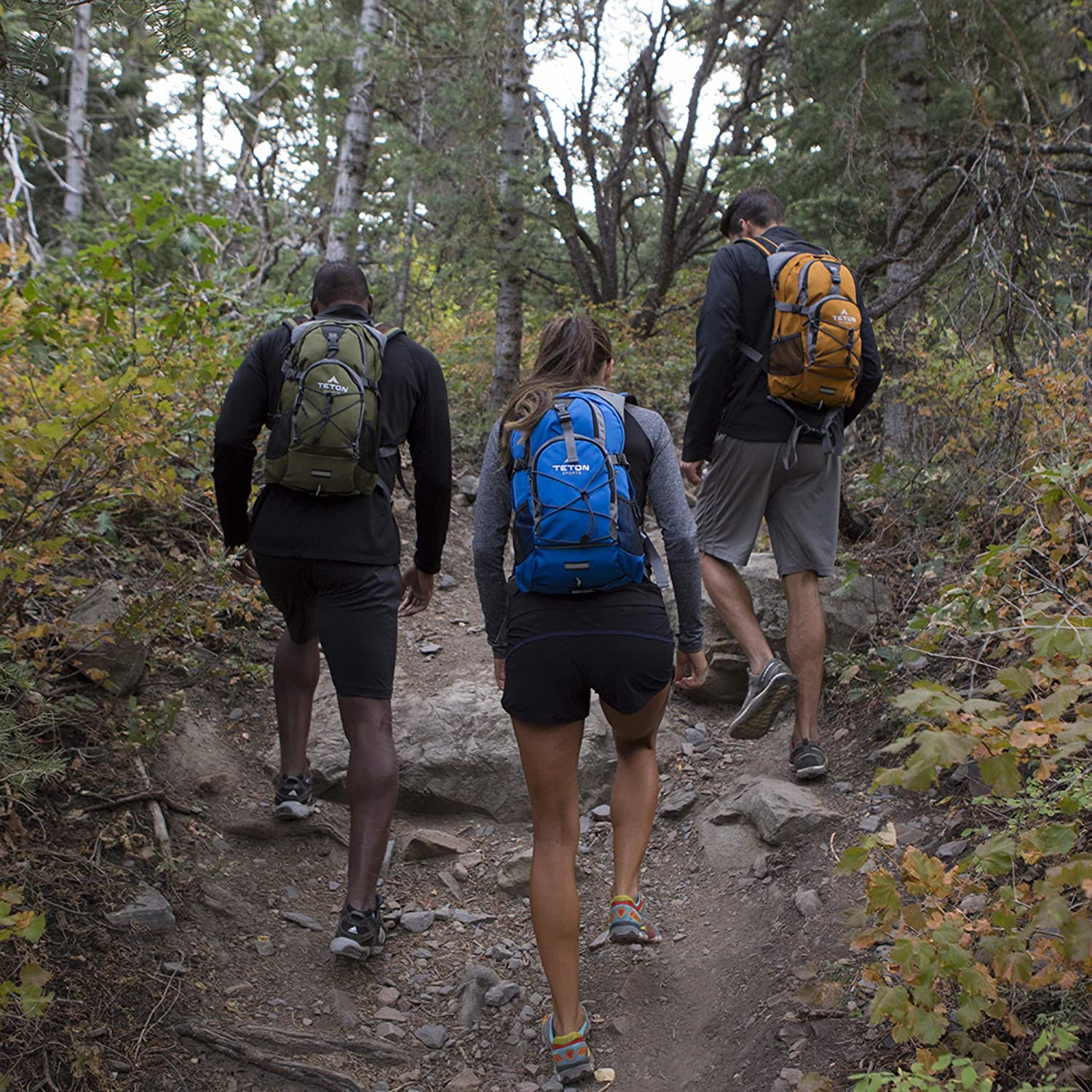Talking about mental health again on the Blossom Your Awesome Podcast. I had the pleasure of talking to Dr. David Bonanno. Dr. Bonanno is not only a PTSD expert. He’s also a PTSD survivor. Dr. Bananno is a psychologist, speaker and author.

His book Your Brain Is A Robocat: How To Finally Understand Your Trauma Response
Listen in to the episode here –
A Great Resource If You Are Struggling With PTSD
If you’re interested in learning more about online therapy, I recommend checking out BetterHelp. They offer online therapy sessions with licensed therapists at an affordable price point.
As you know I’m a huge proponent of Mental Wellness and ensuring we all get the help we need when we need it. And of course, I don’t want you just to get any help I want you to get the right help so I am now sponsored by BetterHelp.
BetterHelp is the world’s largest therapy service, and it’s 100% online.
BetterHelp offers a network of over 25,000 licensed and experienced therapists who can help you with a wide range of issues.
Just click on the link below, answer a few questions and get matched with a therapist from the network.
One of the most amazing features of BetterHelp, if you don’t jive with your therapist you can switch to a new one that’s a better fit for you any time free of charge.
With BetterHelp, you get the same professionalism and quality you expect from in-office therapy, but with a therapist who is custom-picked for you, more scheduling flexibility, and at a more affordable price.

Incredible Points Dr. Bonanno Shares On Treating PTSD
Hi there. Today on the show, we have got Dr. David Bonanno here with us. I am so honored and delighted to have you here. Welcome to the show.
Dr. Bonanno (00:10.414)
Thank you so much, Sue. Great to be here.
Sue (00:12.917)
Oh, great to have you here and get into the work you do. You are a psychologist based in Connecticut. You are a PTSD survivor. Your book out is called Your Brain is a Robocat. How to finally understand your trauma response. Give us the backstory here. How and why you got into this line of work, and then we’ll get into the stuff you do.
Dr. Bonanno (00:41.607)
I think like a lot of people, I wanted to find out, uh, why do I as a smart person do stupid things? Like I, that’s the burning question I had since I was a kid. Like it, you know, trying to make sense of life and other people and myself. And, and I, you know, went to school to become a psychologist. I didn’t really get those answers. I, I learned a whole lot of stuff about a lot of stuff, but I didn’t really, uh, find that out until I really kind of came up with that metaphor for the RoboCat. And it’s, I think it’s just the clearest explanation out there of what PTSD really is. Because, you know, if you look up PTSD, you see the same definition on every website and it’s not a definition. It’s just a list of symptoms. So the way I put it in my book is that you have a robot part of your brain that is totally logical and it’s responsible for certain things like speech and inhibition. And then when you’re triggered or threatened or stressed out, that’s what goes offline. And that’s the thing that people don’t really want to admit or acknowledge. And so that’s when your emotional fight or flight brain takes over. And I call it your cat brain because we all know you can’t get a cat to do what you want.
Sue (01:55.645)
Mm-hmm. Okay. And then, so talk to us now, I’m assuming, even though I should never assume, I still do. So, you know, PTSD survivor, and this is obviously why you wanted to kind of shed some light here from this insider perspective, right? Give people some insight that we’re not normally getting, because usually people, like you say, who are talking about PTSD have never had PTSD. don’t really know what it’s like and what it actually is. So give us that story, like at what age, you know, whatever you’re willing and open to sharing, you know, what was it that caused it for you? How did that come about for you?
Dr. Bonanno (02:38.495)
Yeah, sure thing. Well, I think it got off to kind of a bad start because in the early 70s, it was fashionable to bottle feed. And I think that breastfeeding is just so much healthier for people. And also I was just put into a lonely bedroom by myself and left to cry it out. And that’s what a lot of parents were doing. And they still do it sometimes. The assumption is that the kid will learn to soothe themselves, but it just doesn’t work like that. be regulated in order to learn to regulate themselves and suit to regulate, to be able to suit themselves. So I started off with a really anxious, nervous kid. And then when I was 14, my mom had a stroke which left her handicapped for life. And then right after that, when things started to get normal, my dad got cancer and we had to watch him decay. And then he died right after my 16th birthday. So I just grew up like thinking like, oh, I have to be the man of the house. And it was just a recipe for anxiety and disappointment and depression. I really messed me up. And then my mom became, I think that just kind of broke her. So she became very abusive and ended up having narcissistic personality disorder. It was just horrendous to me and my brother, even though everybody else loved her. And so that’s, I think, like sort of my trauma credentials. Later in life, I did lose a son. He was 19 and he had a heart condition that we didn’t know about. And so we found him in his bed. So I’ve been through kind of a lot, bankruptcy and ups and downs, but.
Dr. Bonanno (04:20.738)
The reason I wrote the book, Sue, is because, you know, lacking a good explanation for what was going on inside of me, I was looking for answers and I just ended up blaming myself, really, and then hating myself. And I think that happens so often with people with PTSD. We expect ourselves to be able to do what we can. Other people are and of course, you know other people try to help and they try to give your advice and they tell you well This is what I do So just do that and then when you can’t you end up, you know feeling First of all more alienated than before you’re trying to make a connection with this person you feel even more alienated But also it just adds to your burden of guilt. Like you’re just not able to do it when I was Young somebody gave me the power of positive thinking I think that was maybe the most damaging book that I ever read because I expected to just be able to change my thoughts or change my attitude. Just like everybody else thinks you’re supposed to be able to do and I wasn’t able to do it, so it made me feel that much worse.
Sue (05:32.269)
So, you know, let me ask you, I mean, this is obviously this has been your life and you’ve come to some sense of peace with it and acceptance, but that is like a lot of trauma, what you describe you’ve been through. So what, how do you process that? Because I know people who’ve gone through far less and again, not comparing anyone’s trauma to someone else’s, right? This is like trauma after trauma. What is like, what did you do? How did you learn to process that powerfully?
Dr. Bonanno (06:13.29)
Well, so 26 years of talk therapy on and off didn’t help me that much. It did a little bit. I’d feel a little better after every session. But then again, even towards the end, I would get so triggered that I would have to schedule time to go for a long walk before I could even drive my car home. So, I mean, I think talk therapy is good for a lot of things, of course, but when it comes to PTSD, I don’t. I think it can often be really counterproductive. And then I tried 17 different psych meds and those didn’t help my PTSD either. I did use cannabis. I think that did kind of help me. I mean, I think, you know, you can overdo it. And I did overdo it for a while there. But the reason, the way that I got my perspective, Sue, on PTSD… is because I’ve had an opportunity that very few people have had, which is to be able to interview over 10,000 people personally who have PTSD. I’m the first person in America to systematically help people to qualify for medical marijuana. And so I started a business in 2017 and my company’s helped over 17,000 people. So I mean, cannabis sort of helped, that’s absolutely not. a cure and it’s just a band-aid. And I think what really happened was I was just so obsessed with figuring out what was going on with myself that I did come up with the metaphor. I wrote the book. It really helped me to see what my limits are, what I’m responsible for and what I’m not. And that just took so much pressure off of me. And then I developed a therapy. that uses eye movement. So it’s sort of based on EMDR, but it’s much more effective than EMDR. It’s focused and it really did help me a whole lot with my past traumas because, you know, I think the whole point of my book and my work is that trauma has very, it has nothing to do with the robot part of your brain. It has nothing to do with thinking. It’s all
Dr. Bonanno (08:26.134)
your emotional brain and with my therapy, which is called deadrenalizing, it’s a way to directly interface with that emotional fight or flight part of the brain and it really works amazing.
Sue (08:38.445)
Wow, this is so fascinating. So let me ask you, I find so often people who have these traumatic experiences, they write or for you, it was almost or was it like an inquisition, a self-inquisition that you’re researching to try to understand yourself, but in the process of writing this and putting this together. You’re healing and also aiding other people.
Dr. Bonanno (09:10.186)
Yeah, that really does feel good. I have to say, I mean, I’m trying to prevent others from going through what I had to, which I mean, we all have trauma traumas and, and yeah, I like how you didn’t want to compare it because you know, everything’s kind of relative to people. But I just think that oftentimes we make it worse. Once we do go through a trauma, we expect too much of ourselves and you know, life really is kind of about expectations. I think one of the best things about our society here in the United States is that we expect so much of our lives and our spouses and our kids and ourselves. However, that can really lead to disappointment and definitely to depression. So I’m really kind of trying to help people to have more realistic expectations of their own selves. And In that, in discovering your limits, you can find that you don’t have to waste so much of your strength.
Sue (10:09.257)
And now, you know, this is interesting what you said. So I find that people sometimes, like you say, we can make it so much worse. And, you know, with all the pressure and like we put on ourselves, and then it’s almost like if something traumatic happens, that’s almost like an outlet to, or an opportunity to like self-victimize, like kind of have that excuse. to exasperate it on some level, right? You’re already kind of overworked and having all these pressures and anxiety and stress from just life, then something happens and that’s kind of like the catalyst for kind of giving up.
Dr. Bonanno (10:54.778)
Yeah, geez, you know, I had a victim mentality for a long time. And, you know, my mom just passed in July, and I had a real epiphany after that, because she kind of thrived on people’s pity and sympathy, I think, and she taught that to me. And every time I went to my own mom for advice, she would just say, oh, stop feeling sorry for yourself. And she, you know, she couldn’t deal with it. anybody else’s problems besides her own. But I think therapy also can really foster this narrative of you as a victim. And it’s certainly not by design. I mean, as a therapist, if somebody walks through my door, I want to support them as much as I can. But you know, you really are kind of writing the story with you as the star. You’re the victim. You’re defined by your unchangeable past. And yeah, I think it can really get people into a type of mindset where they just, uh, they, they do absolve themselves from personal responsibility. And I did that for quite a long time.
Sue (12:04.409)
Wow. Okay, so you know, this is, it’s so interesting because I have this conversation where I had been to therapy for many years and found like you say, for me personally, not judging anyone and you know, knocking therapy because I can see the value in it. And then the different types of therapy, like you know, the somatics and all of this other stuff that can potentially really aid some people, right? It works for some and doesn’t for others, but. for me personally, it was this kind of fostering that victimhood, keeping that alive because quite often with like this kind of Western clinical approach, you go, you share your problems, you kind of cry it out and then and they’re not really allowed. You’re not really, and not saying you, but quite often, you know, the therapist or psychologist, psychiatrist, whoever it is. isn’t necessarily giving you a solution. They’re kind of there, they’re listening. And then for me, that’s how it was. It’s like, okay, so same time next week. And then, you know, when you leave this one hour session where you’ve like cried it out, but you’re like, oh my God, I’m not done yet. I need to call a friend. Like, I’m not done feeling sorry for myself. The problem’s still there. Who do I call now, right? But you walk away so often. without a solution, but just kind of having activated your wounds.
Dr. Bonanno (13:35.902)
Yeah, geez, that’s really well put. And that is what happens. I think there’s definitely a time and place to lick your wounds and to grieve and to cry and to take care of yourself. But therapy is based on… two assumptions that started with Sigmund Freud in the 1880s. The first being that if you talk about your pain, you’re releasing it. And he was working with these people who had been holding in secrets for like 20, 30 years or something like that. So, I mean, they had a lot of catharsis in the beginning. But the second, I don’t think that necessarily happens for people these days. And the second assumption is that the more you talk about it, the more you’re releasing it. But, you know, I really think you end up rehearsing it because whatever you focus on, you magnify, you’re not focused on what’s good in your life or what can you do. You’re, you’re really kind of focused on what, what went wrong. And, and, and oftentimes, I mean, I’ve had therapists who were, you know, really pleased with themselves being able to share with me the insight. as to how I got so fucked up. And they would be like, well, so as you can see, it’s your mother. And I’m like, yeah, I know. But what the hell do I do about it? So I mean, there are some therapists out there who call themselves solution focused. And I think that’s definitely a step in the right direction. But, you know, even as when I was learning therapy, I kind of thought it was gonna be like, okay, this is what you do for depression. This is what you do for anxiety. But really it was, it was a lot more of a personal development, which of course, you know, that was fine with me because you don’t want your stuff to contaminate the therapy. But I mean, I guess what I was taught is that my job wasn’t to provide an answer. It was to illustrate the problem for people. And then, yes, sometimes you get to a point where you’ve clearly, you both know what the problem is and you just don’t know what to do about it because
Dr. Bonanno (15:49.602)
The cognitive behavioral therapy is limited. I mean, it’s certainly great for a lot of things, but just trying to change your thoughts is gonna be a smear of positivity onto a mountain of negativity. If you’re so damaged, like I was, that you’re triggered all the time and you’re just acting or reacting, and you can’t just keep telling yourself that everything’s fine and that you’re not in danger anymore. Your thinking brain is off. offline. So I mean, you’re going to have these emotional reactions all the time. And your therapist is not going to be able to really help you if they’re a traditional talk therapist or cognitive behavioral therapist.
Sue (16:30.741)
Mm hmm. Wow. And what is the like, where do we go to get have it become really productive where you know, because obviously the idea is to let it out. And then, like you say, the therapist or in the way you were taught to kind of help people see what that underlying issue or triggers are. but then also help people find a solution to beyond letting it out, like letting it go, right? And moving, transcending that.
Dr. Bonanno (17:09.438)
Yeah, so I’d like to just give you a quick example of how my therapy works. I do think that eye movements are the best way to interface with that emotional fight or flight brain. But with… EMDR, which of course is the therapy that started that, they’re not focused. It’s just like, okay, go with that. All right, go with that, go with that. So you’re really kind of revisiting the worst moments of your life from session to session, and then it’s sprinkled with eye movements. If you can combine eye movements with memory reconsolidation, then you’re gonna have solid gold. So memory reconsolidation is still kind of a new subject in psychology, but basically, Um, it’s based on the premise that memory is changeable. So, you know, it’s, we, we all like to think of our brains as like video recorders and, and we just reproduce memories as we think about them, but that’s not how it works. Memories reconstructive. It’s not reproductive. So you really are kind of filling in the blanks as you go, every time you recall a memory and every time you’re recalling a memory, you’re actually changing it as well. So if you are using eye movements to first recall what happened to you, but then to change the story, then you really are onto something there. So like I had a woman who was sexually abused as a kid, she did a little bit of therapy, it was.
Dr. Bonanno (18:53.479)
I mean, barbaric, like read talking about it in great details with the idea being to get it out, to release it. That doesn’t work that way. It drove, she couldn’t make it through the therapist, through the therapy. And I do think that was just abhorrent. So she repressed everything for years and then she was having sex with her boyfriend and she got triggered. And then it really, it was just, it was just, it was just, it was just, it was just, it was just, it was just, it was just, it was just, it was just, it was just, it was just, brought everything back and that can happen because I think you’re just kind of reconnecting all the associations that you made through classical conditioning. And so anyway, she started drinking, she lost her job, she lost her boyfriend, and then she came to me and this took one session and I know it sounds too good to be true, but it works especially well for child sexual assault or actually any sexual assault because people are so ready and willing to let go of the images and the pain. So I had to remember what had happened, but not talk about it, which is, first of all, it was good for me. I don’t wanna hear all these horrible details, but also, you know, really good for her. And then what you do is you have them, like change the story. So she pretended that she had super strength and she threw him across the room and he never touched her again. And of course she knows with her robot brain that didn’t happen, but it was the best way possible to soothe. her cat to soothe the emotional fight or flight system. And now she’s doing awesome. She’s married, she has a baby, she’s doing great. And so that’s just an example of how it works for all kinds of trauma. You might need more sessions for complex CPD PTSD because it’s just more complex, but when it comes to singular event traumas, as severe as they may be, this therapy works like dynamite, it’s incredible.
Sue (20:39.993)
Hmm. That sounds amazing. Now, can you talk to us about this, the victim mindset and what it is about the human condition that needs to, you know, like I kind of said before, exasperate even at times. And again, not comparing, but Dr. Bonanno, like compared to what you’ve gone through, that’s a lot of trauma, right? And somebody with something far less or not as many traumatic things could have a much harder time in life. So what is like happening there? How are you able to be productive and be the way you are versus someone who just can’t move past something?
Dr. Bonanno (21:36.306)
Yeah. And you know, some people really are so damaged that for them to just make it through the day is require so much energy and, and you can’t see it. Other people can’t see what they have to go through. That’s really tough. I do think that oftentimes people feel special by identifying with their problems. And that certainly was me for a long time. Oftentimes I’ll have people who’ve been through a whole lot of stuff and then they’ll say like, oh, I should write a book. Like all my friends say I should write a book. I don’t know, I don’t wanna read that book. I mean, maybe just because I hear trauma stories for a living but like who wants to just read about bad stuff happening again and again and again. And you know, that saying that life, if it doesn’t kill you, it makes you stronger. Yeah, sometimes maybe and sometimes it just fucks you up and there’s no bright side to it and And you shouldn’t try to find one necessarily um one time I had a therapist telling me like, you know, go to uh, Go to a hospital and just see all the people there and how much they’re suffering and then you’re gonna feel fortunate and I drove to the parking lot of the hospital and I realized like If I start just skulking around the hallways, I think I’m just gonna end up feeling like life sucks for everybody, you know? It’s not necessarily gonna really put me on the right path and have me counting my blessings. So I mean, yeah, for a lot of people, life is crazy. It’s horrible, it’s a war. PTSD is absolutely not just for combat veterans because life is a war for a lot of people. And… Personally, I think it’s really important to be able to make sense of what’s happening in your life I think if we can because if you don’t Then you’re sort of left feeling like well what else is going to happen and it really leads to this sort of generalized anxiety, but hyper vigilance and just feeling of extreme discomfort So I mean just for me like my spirituality
Dr. Bonanno (23:52.03)
it not proselytizing in any way. I mean, I grew up Catholic, but just the way that I see life, is it like it’s military boot camp? Like, you know, you’re crawling in the mud and you’re next to your friend and you’re like, boy, wouldn’t it be great if there was no mud and there really was no obstacles in this obstacle course and, you know, we could just hang out and have a margarita? Well, that’s just not what life’s all about. You’re here to learn and to grow and to be the best that you can. And adversity is just a part of that. So, I mean, you know. I don’t want to tell somebody that who just lost their kid. Like if somebody told me that right after my son died, I’d want to bite their head off. But ultimately that’s how I make sense of life. It works for me. And however anybody else makes sense of their life, then I’m all for it.
Sue (24:37.993)
Mm-hmm. And you know, that’s a very, almost like Buddhist sort of, right? Like accepting that life is suffering and kind of once you accept that, you do suffer less because you’re just an acceptance of the fact that life is hard. Shit’s going to keep happening. It’s never going to be smooth sailing. And then you can ride those, you know, when it’s up, you’re in deep gratitude. When it’s down, you’re in that acceptance. And it’s a little easier to accept because you’ve already accepted it. Dr. Bonanno (25:12.95)
Yeah, absolutely. I am influenced by my friends who are Buddhists and I did do some studying of it younger when I was younger. But one of the things I do in my therapy is I help people to delineate between what I call clean pain and emotional pain. I mean, I’m sorry, clean pain and dirty pain. So clean pain is the pain and the hurt. And then dirty pain is like anger or guilt or even anxiety or… just resistance to it. And basically what’s going on there is I’m talking about the difference between pain and suffering as Buddhists see it. But so when you are able to have somebody with the help of eye movements, look inside their heart and differentiate between their clean pain and their dirty pain, they can see how the clean pain is rarely what has kept them stuck. And you know, with clean pain, you have to admit that you’re powerless, but that’s what acceptance is. And then you’re able to move on from it. Whereas if you think about it, if you’re stuck in clean pain, including guilt or anger, you’re living in an alternate reality. You’re not accepting what happened. And sure, it might feel a little bit empowering in the short term, but you’re going to be stuck there.
Sue (26:30.785)
Wow, okay, and now can you talk to us about, I mean, what guidance do you have for somebody who’s really stuck and suffering? What’s kind of the first place for them to turn? Where do they begin?
Dr. Bonanno (26:53.59)
Yeah, well, if they read my book, then they’ll get a much better understanding of what’s going on for them because it’s crazy making when you have PTSD and you’re engaged in behaviors and thoughts and feelings that don’t make sense. So, for example, like I had an unhealthy relationship with food and alcohol and marijuana for a long time. I was not able to be in a successful relationship until I was 40. And then I finally met my wife, but, you know, if you’re, if you’re living in a way that’s not congruent with how you want to be in terms of how your robot judges it, then you need to understand what’s going on because, you know, when you do try to relate to other people, they’re going to try to put themselves in your shoes and it can feel good for somebody to just empathize with you and connect with you. But most of the time that doesn’t happen. and they want to fix it because they care about you, but they’re going to start telling you things that are really stupid. Like somebody I really love told me, you know, she just got, you know, she, she got tired of trying to say the same old thing. So she just said, happiness is a choice. You just got to choose to be happy. And so that alienated me so much. I, I felt like that person just didn’t get it at all. It made me feel more messed up and like I said, more lonely, but also I partly wanted to believe her and I felt really that much worse about myself. So yeah, if somebody is really, really stuck and they can at least understand what’s happening and they can understand how much is their fault and how much is not, that’s a huge lift off of them. And then to get help. would be great. I mean, you might have people in your life telling you like, get more therapy, get more pills. And, and you know that more talk therapy is not going to help. And you know that the pills are not going to help. And, and so, I mean, of course, I’m, I’m accepting patients around the country. But, and my private practice is almost always taking people because people get better. They don’t come and see me for seven years and talk about the same shit every week. So anyway, yeah, like, if you know somebody
Dr. Bonanno (29:18.158)
who is really suffering, then please don’t try to solve their problems. Just try to connect with them. Just try to feel for them. And then, you know, maybe help them. Just give them the space to figure out what they need to do for themselves. And it might be super frustrating for you when you’re not able to save them from themselves or able to really make a huge difference. But it’s their struggle and it’s their journey. And all you can do really is witness them. and show them that you love them and that you’re there for them.
Sue (29:50.997)
Mm-hmm. And so, and that’s for the people if we have a loved one, but for that actual person who’s suffering, it’s, you know, it’s such a conundrum, right? Because you have, you could have someone you love, you care about, and you want what’s best for them, but that person may not want help.
Dr. Bonanno (30:13.502)
Yeah, I mean, there’s that joke like how many psychologists does it take to change a light bulb only one but the light bulb has to want to change And I think that’s pretty true. I mean Sometimes people do have to hit rock bottom and that’s really unfortunate and sometimes people never hit rock bottom Sometimes people kill themselves and nobody really wants to die. They just want the pain to stop but I mean, according to my worldview, we all have a certain amount of adversity and it’s your cross to bear and you have to get through it. So, I mean, without trying to promote myself too much, I think it’d be great for them to read the book and then give me a call because that’s a great place to start. And if you try the other traditional means and you try and everything else, like I tried diet and exercise and yoga and reiki and- cranial sacral and meditating and mindfulness and like supplements up the ass. It just, nothing really worked for me. And I hate it when people present things as a cure. And then, you know, you get your hopes up and it doesn’t cure you. It might help a little bit. I have nothing against the meditation, but it’s not a cure for PTSD. You know what I mean? So, I mean, yeah, there’s certain people out there and it’s just heartbreaking. And as a therapist, I’ve had to learn the hard way. How much can I do for anybody versus how much do I have to give them the space to do it for themselves? Because you know, I want people to be fighting themselves and not fighting me. If they’re fighting me, then we’re not going to get anywhere. And the same thing is like with any other relationship.
Sue (31:50.717)
And you know what I think is so awesome and so cool about everything you’re saying here is this very candid, direct, so different than what you get from many therapists and psychologists. It’s like, hey, I have your best interests. I want you to get help and I have these tools. But at the end of the day, I can’t make any promises because it’s ultimately up to that person.
Dr. Bonanno (32:19.794)
Yeah, I mean, oftentimes when therapy would stall, I would say, okay, well, what is the plan? What is the goal? What are we doing here? And sometimes people just wanted to come in and bitch about their week. And if they want to do that, well, they could go see somebody else, because that’s just not what I’m about. I feel like my job is to work myself out of a job. And that’s not good for me financially, but it is good for the clients. And I wish I could charge by the problem. That would really be something.
Sue (32:48.505)
I’m sorry.
Dr. Bonanno (32:50.577)
That would be good.
Sue (32:53.149)
That would be great. But again, the beauty of what you’re doing, right, is like you’re helping people. It’s actually working. So you know there’s always gonna be another person with a problem and a few sessions with them. And that’s beautiful. I love that. That the ultimate goal is to get them out of that state and just talking and ruminating about that same thing.
Dr. Bonanno (33:18.986)
Yeah, I sometimes will meet somebody who’s like, oh, I have a great therapist. I’ve been seeing her for eight years. And oh my gosh, I just bristle when I hear that. I think that’s just dependency at that point. I mean, after a certain amount of time, what could you possibly be doing? Like that person’s giving you everything that they have and you’re really just, just kvetching together for as far as I’m concerned. So yeah, I think I wish therapy would be a lot. lot more effective, especially when it comes to PTSD. And so I’ve made it the goal of my career to get eye movement therapy combined with memory and re-consolidation out there as much as possible. I’m working on a TED Talk where I’m actually gonna teach people the basics of the method and give it away because why not? And then of course they could, you know, take my online course to become experts at it. But yeah, I think it should really be out there. I was working on an app. where we actually had a statistician run the numbers and the app was more successful than your average therapist in terms of dealing with PTSD. And we’ve had some of the worst cases and then that just didn’t really pan out because of business reasons. So yeah, I think if we could get that out there to more and more people around the world, then it would be such a better place. Hurt people, hurt people, but if you can take a lot of the hurt out of the equation, then I think, you know, that’s… That’s how I tell myself I’m contributing to society.
Sue (34:50.617)
That, well, that it really is a remarkable contribution. I mean, just the term PTSD, it seems to evoke this idea of like long term, never ending, like something that you kind of have to just live with, right? And doesn’t end.
Dr. Bonanno (35:12.778)
Yeah, geez, you know, I believe we should have a different term. And I talk about this in my book. And I say that we should refer to people as being adrenalized because that’s really what kind of happens is your fight or flight system becomes engaged when you don’t want it to, but also never really goes away. So like, especially for first responders, for example, of course, they see a lot of horrible stuff, but They have to be in fight or flight in order to do their job. They have to have adrenaline. And the problem is they can’t really shut it off after work. So for them, PTSD is a very dirty word. It’s a disorder and it means you’re crazy. And nobody also, who wants to be like seen as comparing themselves to combat veterans? When I first realized I had PTSD, and by the way, Sue, it wasn’t until 10 years after I got my doctorate, I mean. I was just as clueless as everybody else. And it’s because there’s no convenient memorable definition out there. But anyway, so that was my first thought. I was like, oh my god, I’m not trying to take anything away from war heroes or anybody else. But the archetype or the image that we have of PTSD is so indelible of a broken down combat veteran in the gutter who’s alcoholic and going to kill his wife or shoot up a store. I talked to a therapist in Mexico. And I said, how do people down there conceptualize PTSD? And he said, oh, well, they don’t think it’s for them because that means you’re crazy. They think it’s for American combat veterans. And I was like, oh my gosh, even in other countries, they think of American combat veterans, even though they’ve had drug wars in Mexico for quite a long time, there’s a lot of trauma down there, I’m sure. So yeah, if we could call it being adrenalized, takes away a lot of the stigma. And it also really, I think, illustrates better what has actually happened to you.
Sue (37:10.145)
Okay, so a couple of things, Dr. Bonanno. This has been so amazing, so insightful. You’ve shared so many powerful insights. I would love to have you back on and have another conversation because I feel like this is like we’re just kind of scratching the surface here, right? So yeah, first and foremost, I just want to thank you so much. I’m so honored to have had you here. today sharing all of this wisdom and guidance. I know people are gonna have so many takeaways. So thank you so much.
Dr. Bonanno (37:42.506)
Oh, thank you, Sue. And I’m glad that you appreciate it. I think a lot of times people, they hear me talking and then they just kind of lump me in with all the other quote experts out there. And I’m just trying to be different. I think I have a different perspective based on, you know, my own life, but also working with 10,000 people. And I just, I’m not trying to parrot all the other experts who are writing those books and stuff. I’m trying to really make. make it digestible and understandable for regular people. So I really appreciate you having me on here and all the great questions you asked.
Sue (38:16.829)
Oh, well, the honor is all mine and I appreciate everything you’ve shared. Now in closing, if there were just one message, your hope for everybody, what is that closing message you’d like to leave us with?
Dr. Bonanno (38:32.222)
Yeah, I would say don’t give up. I mean, you know, oftentimes you can’t see a way out and there’s all kinds of studies that show how people are really not good at looking at the big picture. We only look at snapshots and then try to extrapolate from there. So, I mean, if you’re really in a whole lot of pain, you never know what could happen and you may really just have a breakthrough and things could get better. It’s not always like the movies, but… I mean, the one thing that I think just really kept me from killing myself all through those years is hope and this kind of obsessive drive to figure this shit out. And my hope was rewarded. I’m doing really well now. I don’t qualify. I don’t meet the criteria for PTSD. And I’m very happy with my wife and kids. And I’m trying to launch my career. So hang in there. I know it’s tough. I know it’s real tough. But if you can hang in there, please do.
Sue (39:31.045)
Mm. That is such a powerful closing message. You’ve been so wonderful. Thank you so much.
Dr. Bonanno (39:38.114)
Thank you, Sue.
Sue (39:39.469)
Thank you.




















